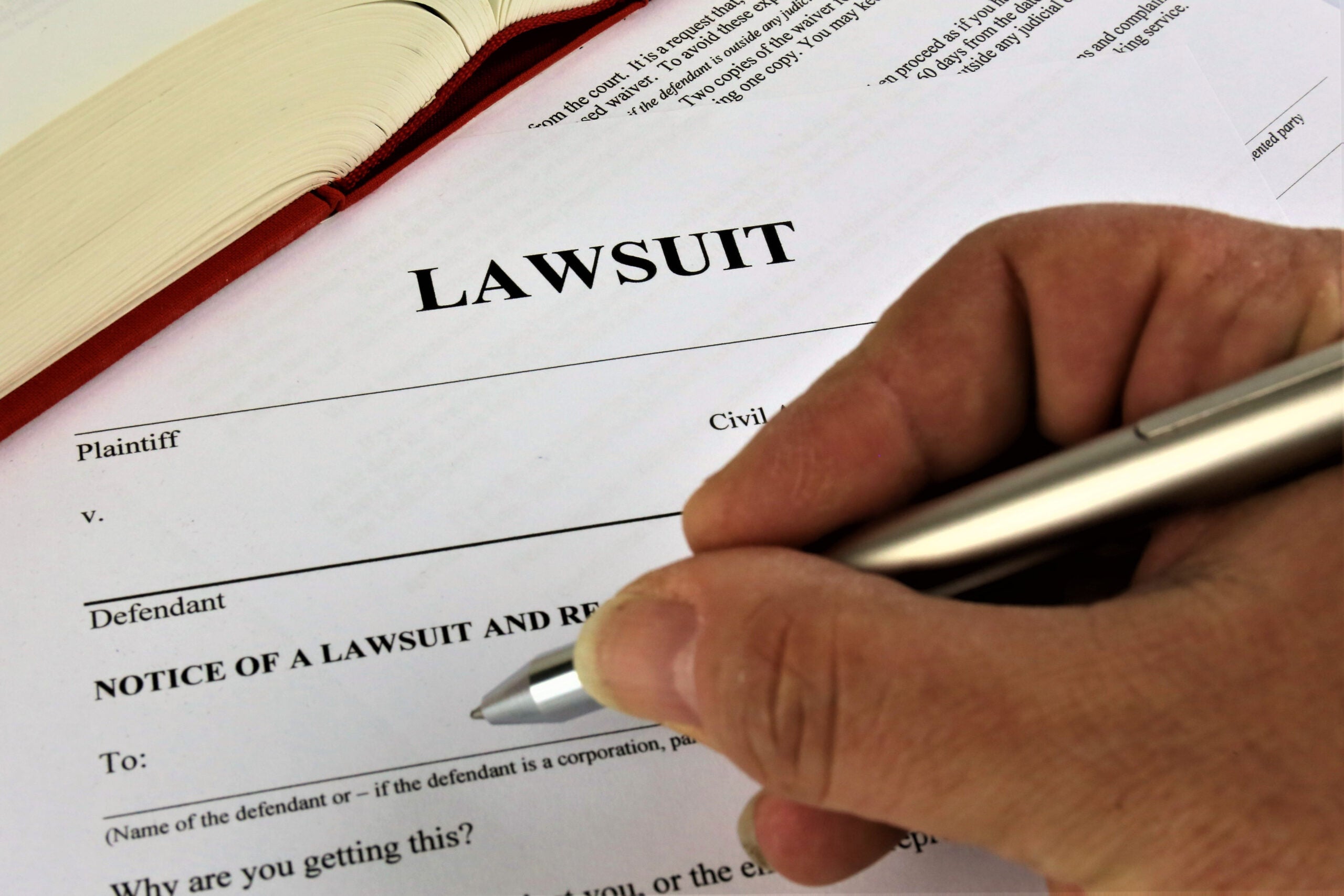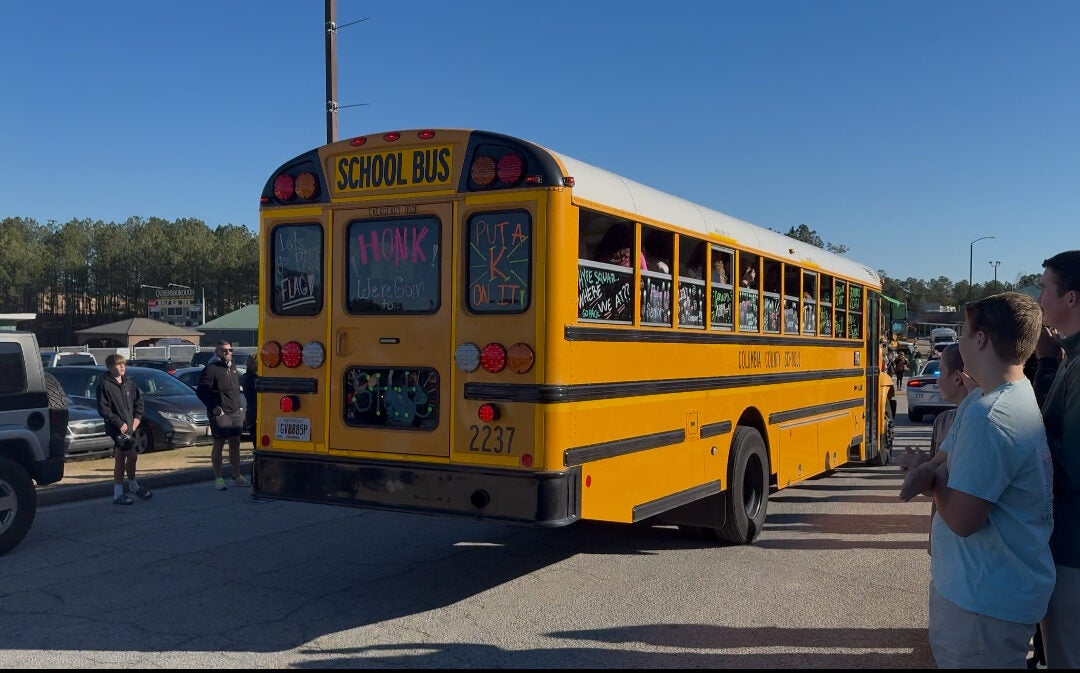Why are Georgia and South Carolina at the top of two lists for being judicial hellholes?
The state rankings – Georgia is No. 1 and South Carolina is No. 5 in the list of “judicial hellholes” – came from the American Tort Reform Association.
The Washington, D.C. group was founded in 1986 by lobbyists representing the American Council of Engineering Companies who were soon joined by the American Medical Association. Advocates for tort reform have included tobacco, insurance and other industries seeking to limit liability in court.
The website judicialhellholes.org notes it is not a scientific study, but based on member opinions. It blames Georgia’s top ranking in large part on a 2022 Gwinnett County case.
In the case, a south Georgia couple died after the Ford F-250 Super Duty truck they were in rolled over in a crash. The jury determined Ford Motor Co. through 2016 had sold 5.2 million Super Duty trucks with weak roofs that could crush people inside during rollover crashes.
The jury imposed $1.7 billion in punitive damages against Ford. The auto maker argued it was not allowed to present evidence of other factors contributing to the crash – such as improper seat belt use – and has lost three motions for a new trial.
As Gov. Brian Kemp says he’ll push for tort reform legislation, and Republican state lawmakers resume efforts during the regular session, a new Georgia lobbying entity points to the “hellhole” designation.
Competitive Georgia, whose co-chairs are railroad president Ben Tarbutton III and CEO Mitch Stephens, is geared up to bring “much-needed lawsuit relief” to the state’s businesses.
A group with ties to Kemp, Hardworking Georgians, presents a similar message to the state’s workers.
The state recently agreed to settle – for $40 million – a lawsuit filed by the family of two women killed and severely injured when an interstate guard rail was left unrepaired for at least 10 months.
The national tort reform association, which trademarked the phrase “judicial hellholes,” points to Georgia state courts having 39 verdicts in personal injury and wrongful death lawsuits since 2018 that exceeded $10 million. It calls the verdicts “nuclear.”
The bulk of verdicts cited by judicialhellholes.org are in the metro Atlanta counties of Gwinnett, Fulton, Cobb and DeKalb, while none were from the Augusta area.
Two were in Macon-Bibb, including a $118 million verdict against a company that allowed a severely disabled man to be abused by its employees.
On a brighter note, the association praised the Supreme Court of Georgia for recently upholding a $250,000 cap on punitive damages in non-product-liability cases.
In that case, a jury found the Devereux Foundation liable for $50 million in punitive damages after a 15-year-old girl was repeatedly raped at a behavioral health facility.
The reformers take aim at “phantom damages” that occur when a court awards medical expenses based on the amount a patient was billed, rather than the amount that eventually gets paid.
They are critical of the high court’s recent expansion of premises liability by upholding a verdict against a drugstore chain after a person was shot in the parking lot.
Wary of a similar verdict, the owner of an east Augusta convenience store recently agreed to settle for an undisclosed amount with the family of drug investigator Cecil Ridley after he was killed at the store.
The tort reformers also seek to address the court’s upholding the ability of “lawsuit lenders” to charge high interest rates, despite the state having a usury law.
South Carolina ranking linked to asbestos litigation
South Carolina’s hellhole ranking focuses almost exclusively on asbestos litigation, such as mesothelioma claims.
A single retired judge, S.C. Supreme Court Justice Jean Hoefer Toal, presides over all cases and has shown a bias against the insulation makers and other defendants, the website’s report said.
The state has seen an uptick in “destination” asbestos cases filed by out-of-state firms and the state Supreme Court has upheld verdicts in them of up to $32 million, it said.
Susan McCord is a staff writer with The Augusta Press. Reach her at susan@theaugustapress.com








